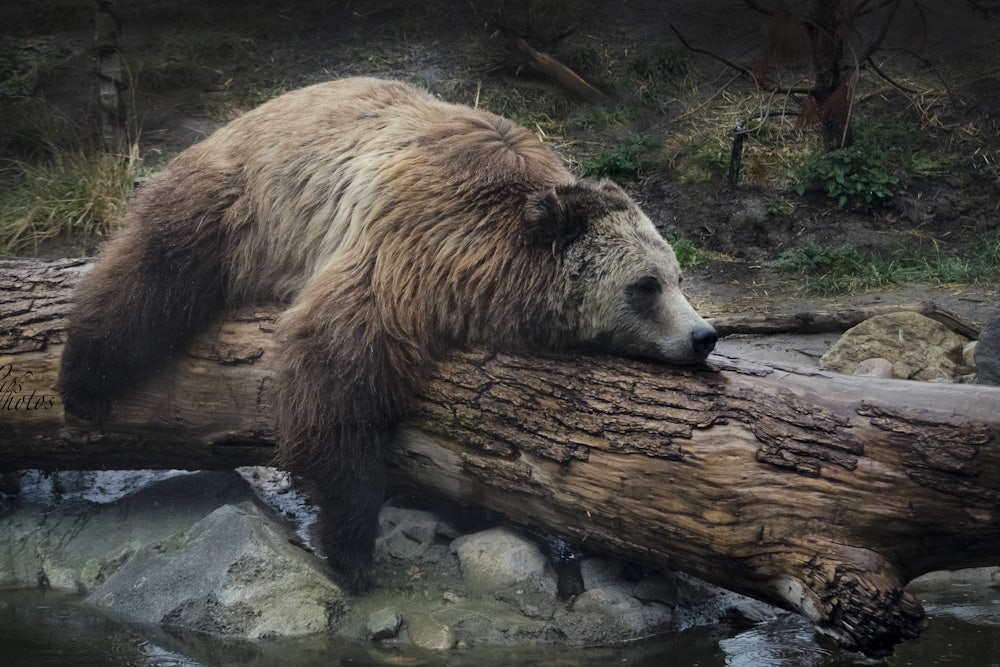Even though I write about environmental issues a fair bit, I don’t care much for nature, personally. Never go on strolls through the woods or hikes through the hills. The snippet of green space inside D.C. traffic circles is about as much as I can handle. But maybe that’s a bad approach. According to a new series of studies, communing with nature has a whole heap of beneficial effects:
Being outside in nature makes people feel more alive, finds a series of studies published in the June 2010 issue of the Journal of Environmental Psychology. And that sense of increased vitality exists above and beyond the energizing effects of physical activity and social interaction that are often associated with our forays into the natural world, the studies show.
The findings, adds Ryan, are important for both mental and physical health. “Research has shown that people with a greater sense of vitality don’t just have more energy for things they want to do, they are also more resilient to physical illnesses. One of the pathways to health may be to spend more time in natural settings,” says Ryan.
In recent years, numerous experimental psychology studies have linked exposure to nature with increased energy and heightened sense of well-being. For example, research has shown that people on wilderness excursions report feeling more alive and that just recalling outdoor experiences increases feelings of happiness and health. Other studies suggest that the very presence of nature helps to ward off feelings of exhaustion and that 90 percent of people report increased energy when placed in outdoor activities.
What is novel about this research, write the authors, is that it carefully tests whether this increased vitality associated with the outdoors is simply the feel-good spillover from physical activity and people-mixing often present in these situations.
And, on the flip side, waddling around an urban environment can cramp your brain: “After spending a few minutes on a crowded city street, the brain is less able to hold things in memory, and suffers from reduced self-control.” Evidently there’s a strong case for making sure cities have lots of parks (and not just any parks will do—studies show that biodiverse areas with lots of different types of trees provide far more psychological benefits than dull lawns or piddling playgrounds with just a few plant species).
